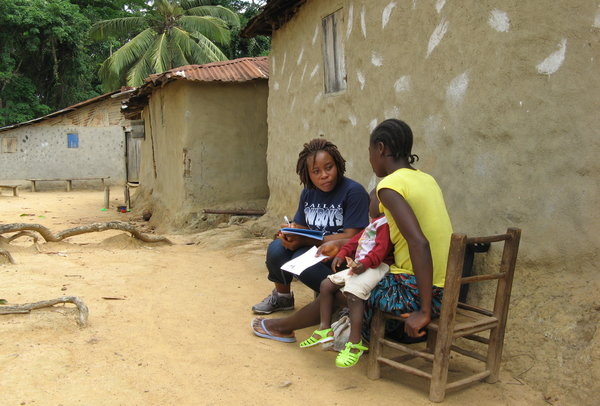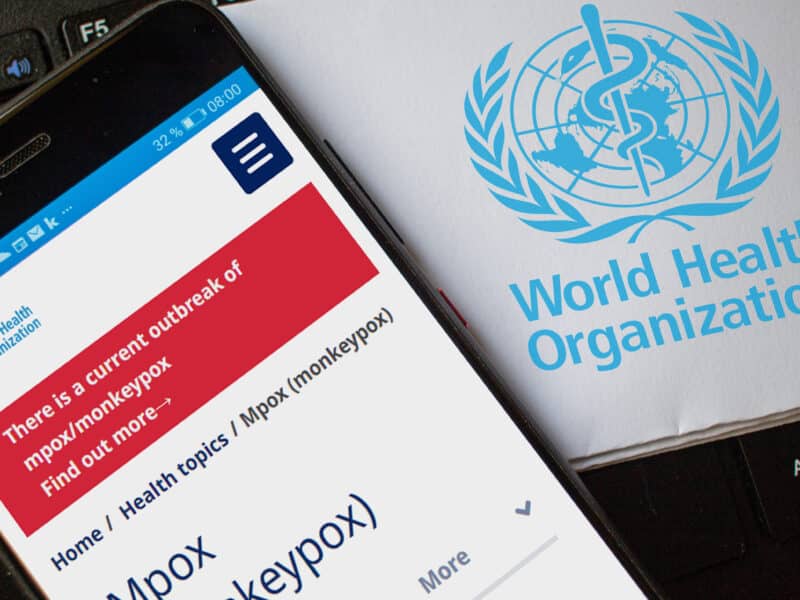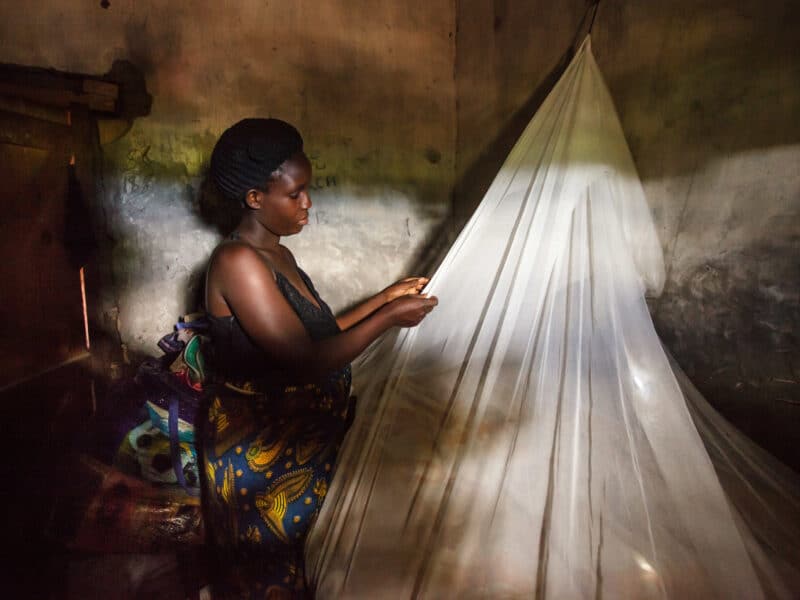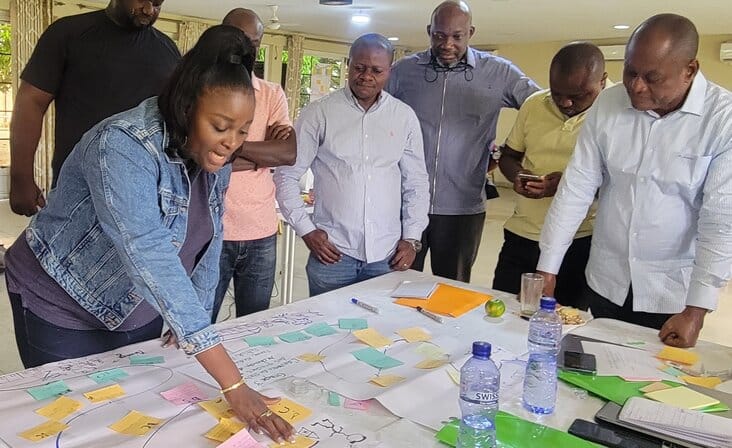The Johns Hopkins Center for Communication Programs is part of a new five-year, $200 million USAID-funded contract to implement the Demographic and Health Surveys Program (DHS), which has collected important health data through more than 300 surveys in more than 90 countries since 1984.
CCP will continue to work under ICF, a global consulting and digital services provider that leads the program that collects, analyzes and disseminates accurate and representative data on topics such as fertility, family planning, maternal and child health, gender, HIV/AIDS, malaria, nutrition and environmental health in low- and middle-income countries. CCP has been part of DHS for the past 15 years and will continue to lead efforts in communication and dissemination of survey results.
“DHS is one of the most valuable data collection enterprises in global health and we help countries understand how to use the massive amounts of data that it collects,” says CCP’s Erica Nybro, a senior advisor for communication at DHS. “The information doesn’t have value if it just sits on a shelf. It only has value if you use it to guide decision-making.”
CCP’s work focuses on distributing data through the website and other mobile tools, but also making it easier to understand what the data mean to policymakers at the country or local level. The data can reveal if a country is making progress – and offer clues on how to move forward if it is not. DHS compares data within countries over time and with other countries.
DHS conducts workshops and e-learning courses for those who will use the data when the reports are released. They also hold workshops and social media training for journalists and others to help them understand what stories are revealed through the data and how they can use it to advocate for improvements. There is a DHS mobile app and other tools that countries can use to highlight important information.
“There is so much data in the surveys, so we try to help stakeholders understand what it all means,” Nybro says.
CCP’s Cassandra Mickish Gross used DHS data when she was working in Bangladesh. The data there showed that child mortality had dropped significantly in the nation over five years, but showed less impressive improvements in child nutritional status, most notably stunting. This gave the team something to celebrate, she says, but also pointed them toward something that clearly needed more attention.
“It allowed us to make decisions based on solid evidence,” Mickish Gross says.
Says Leo Ryan, senior vice president for ICF: “Long recognized as a gold standard of survey research, the DHS Program provides vital information and builds in-country analytical capacity to help advance global understanding of health and population trends in lower- and middle-income countries. We are thrilled to continue to support this important data collection, capacity building and data use program whose ultimate goal is to improve the overall health and economic status of populations in developing countries.”





